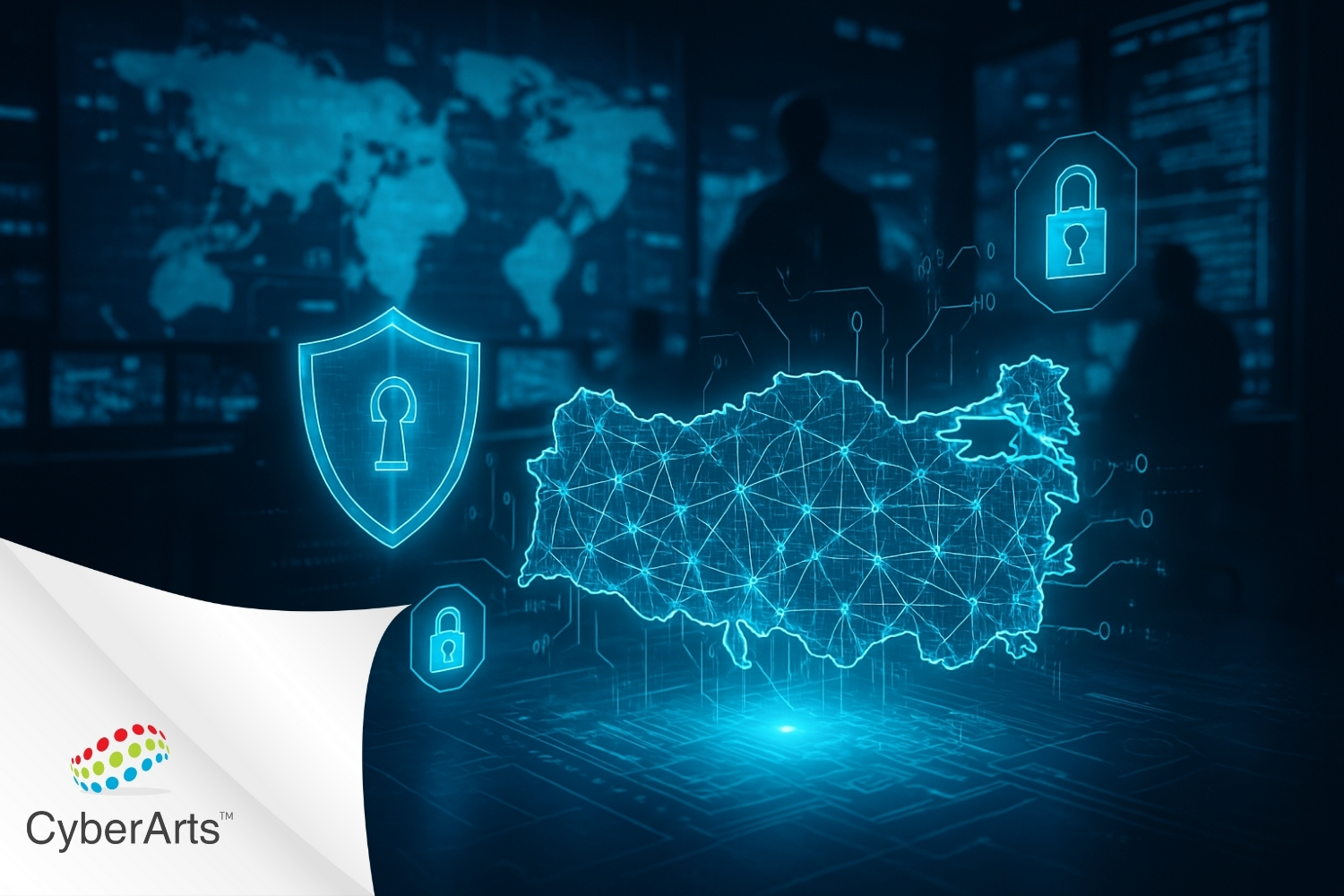Intelligence in other words, information gathering refers to information collected and analyzed or processed with tactical content to be presented to certain authorities. Raw information obtained from any source may be composed of seemingly unrelated pieces, contradictory, unreliable, misleading or inaccurate. At this point, the importance of the concept of intelligence is the information that is combined, evaluated, analyzed, interpreted and sorted.
Threat When it comes to the concept of threat, it is a concept that expresses the possibility of a person, group, organization causing harm to another person, group, organization or society. A threat usually poses a risk and may have the potential to cause harm.
In cyber security, the concepts of intelligence and threat are very important and closely related to each other.
In the context of cybersecurityintelligence is used to detect attacks in advance, develop defense strategies and strengthen cybersecurity measures. For example, if an intelligence analyst discovers a new strain of malware, this allows information security experts to update defenses and prepare for potential attacks.
Threat in cybersecurity refers to any potential danger that can damage or affect information systems or digital assets. Threats may include malware, cyber attacks, information leaks, ransomware, data breaches, and other similar adverse events and possibilities. Threats often represent a specific intent or potential to cause harm. In cyber security, correctly managing threat perception helps reduce possible risks and effectively implement defense strategies.
Why Cyber Threat Intelligence?
Cyber threat intelligence is used to detect cyber attacks in advance, strengthen defense strategies and protect digital assets within the scope of collecting, analyzing and evaluating information about threats potentially posed by malicious actors or attacks.
What is the Necessity of Cyber Threat Intelligence?
- Increases Threat Perception: Cyber threat intelligence enables organizations and individuals to have a deeper understanding of current and potential threats. In this way, they can identify possible attacks in advance and adapt their defense strategies accordingly.
- Reduces Risks: A good cyber threat intelligence strategy is an effective way to reduce risks. Having timely information about threats is critical to strengthening defensive measures and minimizing the effects of attacks.
- Strengthens Decision-Making Processes: Cyber threat intelligence guides the strategic decision-making processes of organizations. Information collection and analysis processes support decision-making processes by providing managers and security experts with accurate and reliable data.
- Increases Cyber Security Awareness: Cyber threat intelligence increases cyber security awareness and makes organizations better prepared against attacks. It raises awareness about the protection of information systems and digital assets and emphasizes the importance of security measures.
As a result, cyber threat intelligence plays an important role in protecting digital assets and combating cyber attacks. By using this information effectively, organizations and individuals can strengthen their cybersecurity and become more resilient against potential threats. Therefore, it is important that cyber threat intelligence is regularly updated and used strategically.
[vc_row][vc_column][vc_cta h2=”” add_button=”bottom” btn_title=”Teklif Talep Edin” btn_style=”flat” btn_shape=”square” btn_color=”danger” css_animation=”fadeInLeft” btn_link=”url:https%3A%2F%2Fcyberartspro.com%2Fteklif-isteme-formu%2F||target:%20_blank|”]Siber Güvenlik, Dijital Dönüşüm, MSSP, Sızma Testi, KVKK, GDPR, ISO 27001, ISO 27701 ve DDO Bilgi ve İletişim Güvenliği Rehberi başlıklarıyla ilgili teklif almak için lütfen tıklayın.[/vc_cta][/vc_column][/vc_row]












